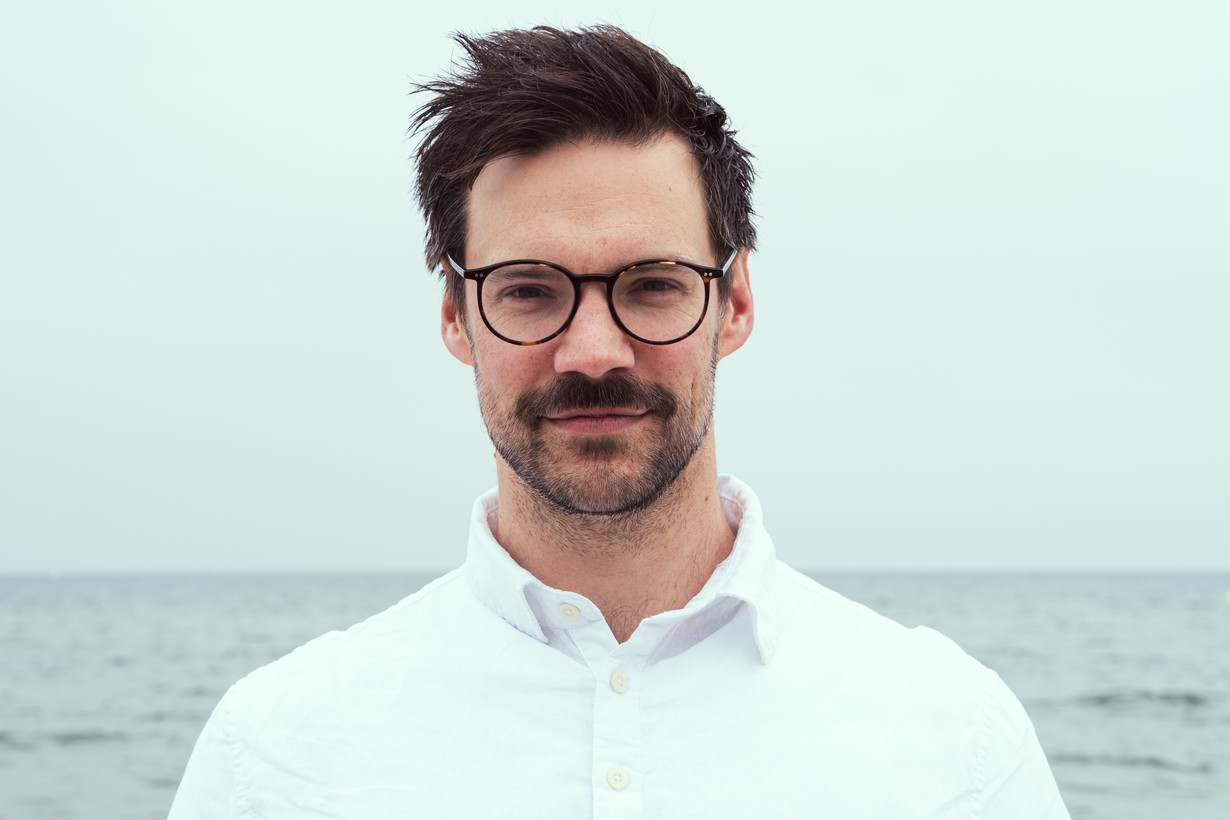Culture and Science. Phenomenology of the Lifeworld
Phenomenology is probably the most influential philosophical movement of the 20th century. Its methods, arguments and results are widely used across disciplines, for example in sociology, cognitive science and education. Since its emergence around 1900, phenomenology has undergone many changes that are still ongoing - most recently, there has been a debate about whether something like a “critical phenomenology” is possible. But apart from all the internal discussions, almost all phenomenologists agree that a phenomenology must necessarily fulfill two criteria:
1) A phenomenological description is a description from the perspective of the first-person singular. It is about phenomena in the specific sense of the word, i.e. not about things or events that can be grasped scientifically, but about the experience of things and events of all kinds. 2) A phenomenological description attempts to determine structures that are characteristic of the phenomenon. If a phenomenography is limited solely to describing how something is for someone, the attempt at phenomenology is linked to the claim of being able to determine necessary structures in the phenomena. These are epistemological criteria that are probably in stark contrast to what is usually referred to as science. How can my ego-perspective and my very personal experience be the start and the subject of a science? What does it mean to describe logically necessary structures of experience and how is objectivity and universality possible here? And how does this in turn relate to culture as a highly variable and contingent area of human life?
In my talk, I would like to convey the basics of phenomenological philosophizing regarding the relationship between culture and science and ask whether the talk of “scientific and research cultures” makes sense. I would like to outline how phenomenology can be used to understand culture as lifeworld since science will not help us with that.
About Thomas Zingelmann
Dr. Thomas Zingelmann received his doctorate in 2022 with the thesis “Die Ausstellung. Ästhetik und Epistemologie des Zeigens” at the Friedrich Schiller University Jena, where he has been a postdoc at the Chair of Image Theory & Phenomenology of the Institute of Philosophy at the Friedrich Schiller University Jena since 2023. From 2019 to 2021 he was Secretary General of the German Society for Phenomenological Research. Since 2024 member of the Käthe Kluth Junior Research Group “Strukturen der Gegebenheit. Phänomenologische Zugänge zu den Verflechtungen von Objekt, Natur und Mensch” at the University of Greifswald. His research focuses on aesthetics, philosophy of mind, epistemology, philosophical anthropology and philosophy of sport. His historical focus is on critical theory and phenomenology.
